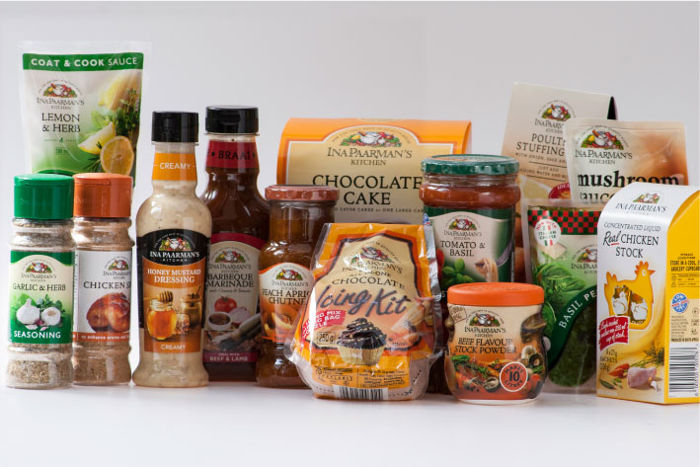How to Overcome an Addiction: 7 Important Steps

An addiction can be incredibly difficult to overcome. It can sever family ties, change you as a person, and prevent you from living your life with freedom. Not only can addiction absolutely ruin your life, but it can, as we all know, lead to premature death, which is not something we would imagine anybody would want. Overcoming one’s addiction is never going to be easy; the stress, trauma, and heartache that a person will go through freeing themselves from their addiction can be tremendous, but once they are free, they can live again and, more importantly, smile again.
In this article, we are going to present to you seven steps that we feel will help you to overcome an addiction. In order to free yourself from the chains and shackles of your addiction, you must make a concerted effort to shed your addiction and change your behavioural patterns. Reading this article will not benefit you if you do not have the intention to change your behaviour, and do not have the intention to become a better person, free from substance abuse or gambling, and free to live your life.
Here are seven important steps in overcoming addiction.
Recognition
We have all heard this before; the first step is recognising that you have an addiction. Recognition of one’s addiction can be particularly difficult, especially since those who are addicted to things generally do not believe themselves to be addicted, and rather, claim that they do it simply because they enjoy it, unaware that they are driven solely by addiction. Not recognising an addiction can be calamitous, for continued substance abuse or gambling can lead to devastating changes to a person’s life, and until the addiction is recognised, it cannot be treated.
It is all too common to find those who are addicted to things claiming that they are not and that they could stop at any time (they just don’t want to). For me, this is one of the hallmarks of addiction – denial. Recognising one’s addiction is paramount to defeating one’s addiction. If a tree falls in a forest and no one is around to hear it, does it make a sound?
Lifestyle Changes
In order to defeat one’s addiction, one must make small changes to one’s lifestyle. These changes vary from person to person. One person might be part of a friendship group in which addiction is common and drug use (or alcohol, or gambling) are rampant. This person, for example, would need to sever their ties with this group of people in order to defeat their addiction. For another, addiction could be a response to trauma and an inability to deal with one’s own personal problems. This person may need to seek counselling and therapy in order to address their issues. Making lifestyle changes is fundamentally important if you intend on shedding your addiction and being free once more. Making lifestyle changes is never going to be easy, but it is a necessary part of being free again.
Rehabilitation
For many, the best way to kick addiction is to seek out rehab. Rehabilitation centres are, undoubtedly, fantastic in defeating addiction. A drug rehab centre will be able to confront and address your addiction and will be able to help you to be yourself again. These centres specialise in helping people free themselves from the shackles of addiction. They have professionals on their body of staff, all of whom have experience in helping people to fight addiction. It is safe to say, you will be in safe hands. If you can afford it, give rehab a go.
Getting Into Work
For many people, their addictions are exacerbated by sitting around and doing nothing. If you are one of these people, then getting out into work may be a fantastic way for you to defeat your addiction. While this will not work for everybody, it can still be a very powerful way of overcoming your addiction. Getting into work, the community, and making friends who are not addicted to anything, and who, by all accounts, lead normal lives, can be a fantastic way to overcome your addiction. It has worked for many people, and undoubtedly, will work for many more.
Getting Into the Community
Often for people who have overcome an addiction, particularly drugs and alcohol, getting into the community and achieving some semblance of normality can be very difficult. Former users often find themselves something like a fish out of water, unable to communicate or integrate into a community that is not centred around drug use or addiction. Even so, getting out into the community can be incredibly beneficial and can help them to find themselves. Getting into the community is very important and I personally recommend it if you want to get back to normal.
Ties With Family
If you are fortunate enough to have a family, which many people do not, then getting in touch with your family can be a fantastic way for you to overcome your addiction. Addiction often serves to sever one’s ties with one’s family. If you want to improve your life and kick your addiction, then getting in touch with your family can be a fantastic way for you to do so. Improving your ties with your family is fundamentally important and can help you to be a better person. With that said, if your family contributed to your addiction, then perhaps they should be avoided until you are stable in your recovery.

Keep Going
Often, people give up and fall back into addiction because they find kicking their addiction too hard. If you want to overcome your addiction, then you just need to keep going and keep pushing on. Pushing on and persevering is fundamentally important. Keeping going can be hard, I know, but you must. Cling on for dear life and do not allow the vacuum of addiction to suck you in and consume you. Exercise is a great way to keep pushing on. Keep going, persevere, and overcome your addiction once and for all.
Addiction can be soul-destroying. There is no one perfect way to shed your addiction, but using the strategies mentioned on this page, you will be able to, we hope, overcome your addiction. Thank you for reading this page.











